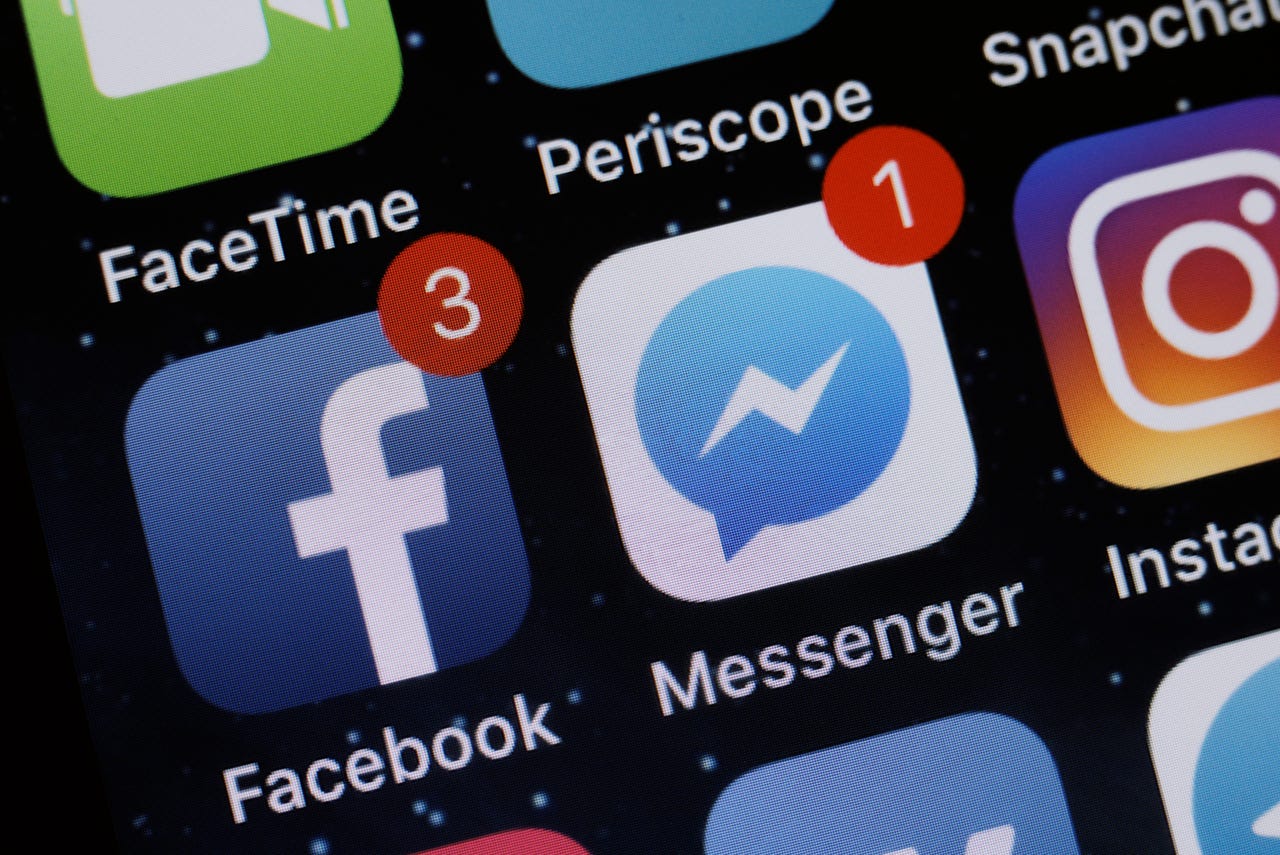'ZDNET Recommends': What exactly does it mean?
ZDNET's recommendations are based on many hours of testing, research, and comparison shopping. We gather data from the best available sources, including vendor and retailer listings as well as other relevant and independent reviews sites. And we pore over customer reviews to find out what matters to real people who already own and use the products and services we’re assessing.
When you click through from our site to a retailer and buy a product or service, we may earn affiliate commissions. This helps support our work, but does not affect what we cover or how, and it does not affect the price you pay. Neither ZDNET nor the author are compensated for these independent reviews. Indeed, we follow strict guidelines that ensure our editorial content is never influenced by advertisers.
ZDNET's editorial team writes on behalf of you, our reader. Our goal is to deliver the most accurate information and the most knowledgeable advice possible in order to help you make smarter buying decisions on tech gear and a wide array of products and services. Our editors thoroughly review and fact-check every article to ensure that our content meets the highest standards. If we have made an error or published misleading information, we will correct or clarify the article. If you see inaccuracies in our content, please report the mistake via this form.
How to enable end-to-end encryption for Facebook Messenger chats


Recently, I was chatting with someone via Facebook Messenger on MacOS when I received a warning that the messages couldn't be encrypted in Safari and I should use a different browser or the Facebook Messenger app.
More how-tos
Naturally, this piqued my curiosity. I was using the latest version of Safari on the latest version of MacOS Monterey. I checked the official Facebook page on what browsers were supported for end-to-end encryption and, sure enough, Safari was on the list along with Chrome and Firefox.
However, there's a caveat.
Although both Chrome and Firefox support end-to-end encrypted chats on facebook.com, Safari only supports end-to-end encryption when using messenger.com.
Also: What's the most popular web browser
This struck me as odd because Safari on facebook.com offers the option for the encryption of individual chats.
So, what gives? Even after clicking to enable end-to-end encryption in Safari on facebook.com, it indicates that the chat is encrypted.
Is this a case of mistaken identity, or is Facebook not aware that the feature does in fact work in Safari on both facebook.com and messenger.com?
Either way, I want to offer you a few options so you can be sure your Facebook chats are covered with end-to-end encryption.
But first… why bother?
What is end-to-end encryption?
Essentially, end-to-end encryption adds another layer of security to your messenger chats. When you enable E2E encryption, only you and anyone involved in the chat can see the communication. That means anything you say cannot be intercepted by a third party and used against you.
For anyone serious about security and privacy, E2E encryption should be an absolute must, even with something as simple as a Facebook chat.
One thing to keep in mind, however, is that E2E encryption on Facebook Messenger, via a web browser, is done on a chat-by-chat basis. By default, at least within your web browser, all chats do not employ E2E encryption, so you have to enable it manually. If, on the other hand, you're using the Messenger app, all chats have E2E enabled by default.
Also: The best encrypted messaging apps
How to enable E2E encryption in your web browser
How do you do that? Let me show you.
Requirements
Instead of using your web browser for Facebook Messenger chats, you should always opt to use the Messenger app. Of course, if you're on a mobile device, you are more than likely using the Messenger app anyway. However, if you're on a desktop or laptop, you're most likely using a web browser, which means your chats do not use E2E encryption.
For MacOS, you can install the Facebook Messenger app from within the App Store. For Windows, you can download the installer file and have the app running in no time. If you're on Linux, unfortunately, you're out of luck, as there is no Facebook Messenger desktop app (which is ironic, given how much open-source software Facebook depends on). However, on Linux, you can enable end-to-end encryption on a chat-by-chat basis in facebook.com in both Firefox and Chrome.
To reiterate, if you use the Facebook Messenger app, all of your chats make use of E2E encryption. If you use a supported web browser, you have to enable it on a per-chat basis.
Also: How to encrypt your email and why you should
1. Log in to Facebook
Open your web browser and go to either facebook.com or messenger.com.
2. Open a chat and enable E2E encryption
Open a chat on Facebook. Once the chat is open, open the Chat Settings drop-down by clicking the name of the person you're chatting with at the top of the chat popup. You should see a pop-up menu, where you can then click Start end-to-end encrypted chat.
Enabling E2E encryption for a Facebook Messenger chat.
And that's all there is to making use of Facebook end-to-end encryption to ensure the privacy and security of your discussions. Although this won't prevent passersby from reading your chats, it will ensure they cannot be intercepted by a third party and used against you.